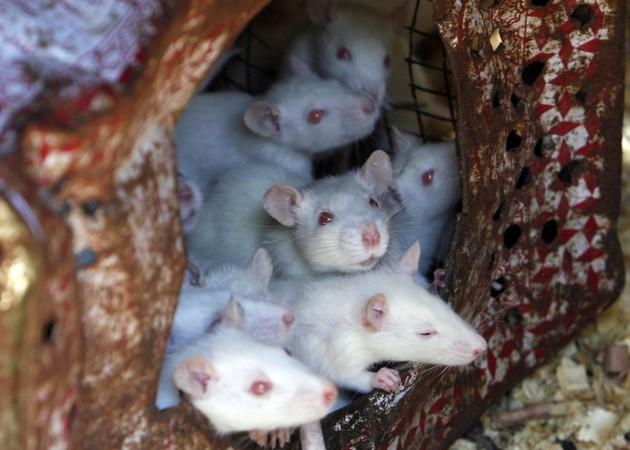
Scientists at the Northwestern Medicine discovered a way to overcome depression by using a newly found pathway in the brain. These scientists were researching on the impact of anti-depressants on the brain and found a new pathway in the brain which they can use to treat the disorder.
"Identifying new pathways that can be targeted for drug design is an important step forward in improving the treatment of depressive disorders," says Sarah Brooker, the lead author of the study and an MD/PhD student at Northwestern University Feinberg School of Medicine.
The researchers found that anti-depressant drugs such as tricyclics and Prozac impacted the part of the brain called hippocampus, which is the hub of memory, emotions and autonomic nervous system in the brain; it is referred to as the bone morphogenetic proteins (BMP) signalling pathway. A signalling pathway refers to a group of molecules which control one or more cell functions.
The researchers found that the anti-depressant drugs tricyclics and Prozac obstructed the BMP signalling pathway. This phenomenon was followed by generation of stem cells in the brain, which led to the production of neurons that were linked with mood functions and memory.
However, the researchers were not sure whether the blockage of the pathway was an impact of the anti-depressants or not as the drug Prozac reacted on various mechanisms of the brain.
The researchers tested a brain protein called Noggin on mice after confirming the importance of the BMP pathway at the time of depression. The BMP pathway was blocked by this protein too leading to neurogenesis or triggering of new neurons.
"We hypothesised it would have an antidepressant effect, but we weren't sure," Brooker said in a press release. The protein Noggin was found to obstruct the BMP pathway much better than tricyclics and Prozac.
The researchers analysed the mice for finding the traits of anxiety and depression after injecting them with Noggin. The feeling of depression in mice could be spotted through the positioning of their tails; when they hanged their tails hopelessly on being caught instead of trying to get it upright, they point towards being depressed.
The group of mice, in which Noggin was injected, was found to have a strong anti-depressant impact on the mice; they were found trying to life themselves up. Another group of mice, which was kept under control, were found to turn more immobile.
Both these groups of mice were then put in a maze, which had both less safe and safe spaces; the mice injected with Noggin were found to be lesser anxious in comparison with the control mice and they explored more mazes.
"The biochemical changes in the brain that lead to depression are not well understood, and many patients fail to respond to currently available drugs," said Jack Kessler, a professor of neurology.
"Our findings may not only help to understand the causes of depression, but also may provide a new biochemical target for developing more effective therapies," Kessler added.
This research got published in the journal Molecular Psychiatry on Tuesday, October 4, 2016. The National Institutes of Health funded the study.









